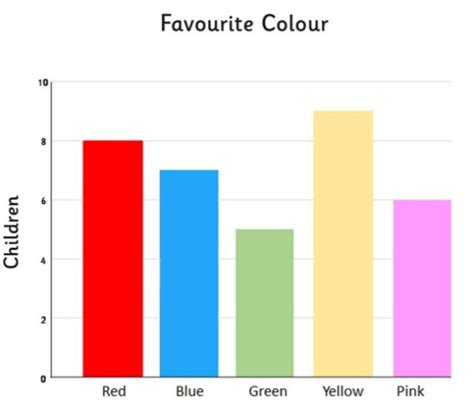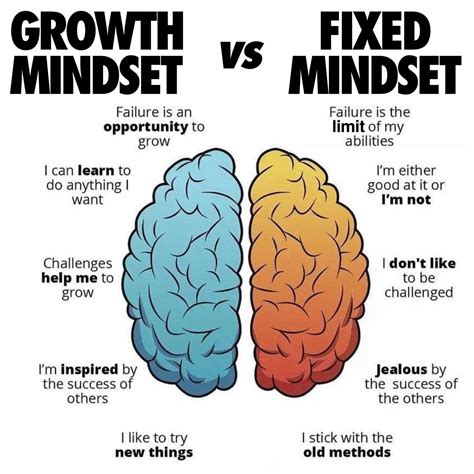Both financial fear and workout plateaus share a common psychological root: a feeling of being stuck, overwhelmed, or unable to progress. Whether it’s the anxiety of an uncertain financial future or the frustration of stalled physical gains, these challenges can be debilitating. The key to unlocking progress in both arenas often lies not in drastic external changes, but in a fundamental shift in our internal mindset.
The Trap of Outcome-Obsession
Many of us are conditioned to focus solely on the end result. In finance, this might be reaching a specific net worth, paying off all debt, or retiring by a certain age. In fitness, it’s hitting a weightlifting personal best, achieving a target weight, or running a marathon. While goals are essential for direction, an exclusive focus on outcomes can create significant pressure and fear.
When progress isn’t immediate or linear, which it rarely is, an outcome-obsessed mindset can lead to demotivation, anxiety, and even paralysis. Financial fear might manifest as a reluctance to invest due to market volatility or a constant worry about “what if” scenarios, preventing consistent saving. Similarly, a workout plateau can trigger feelings of failure and frustration, causing individuals to abandon their routines entirely when the scale doesn’t budge or the weights don’t increase.

Embracing the Process-Oriented Mindset
The pivotal mindset shift is from outcome-focus to process-orientation. Instead of fixating on the distant goal, the process-oriented mindset directs attention to the daily habits, small actions, and consistent efforts that accumulate over time. This approach emphasizes consistency, discipline, and the journey itself, rather than just the destination.
For financial well-being, this means consistently sticking to a budget, regularly saving a portion of income, automating investments, and continuously educating oneself about personal finance. The focus shifts from “I need X amount of money” to “I will consistently perform these actions that lead to financial stability.”

In fitness, it translates to consistently showing up for workouts, focusing on proper form, making incremental improvements, prioritizing recovery, and celebrating small victories like an extra rep or an improvement in technique. The goal isn’t just to lift a certain weight, but to consistently engage in the training process that builds strength and resilience.
Reframing Challenges as Opportunities for Growth
Another crucial element is adopting a growth mindset. When financial markets dip or an investment underperforms, a fixed mindset might see it as a failure or a sign to give up. A growth mindset, however, views these setbacks as valuable learning opportunities. It prompts questions like, “What can I learn from this? How can I adjust my strategy?”

Similarly, a workout plateau isn’t an indictment of one’s ability but a signal to reassess. It might mean changing exercise variations, adjusting training volume, modifying nutrition, or seeking expert advice. This reframing transforms obstacles into stepping stones for deeper understanding and more effective strategies.
Cultivating Patience and Persistence
Both financial growth and physical transformation are marathons, not sprints. The process-oriented, growth mindset naturally fosters patience and persistence. It acknowledges that significant progress takes time, consistent effort, and the ability to weather inevitable ups and downs.
In finance, this means understanding the power of compounding over decades and not panicking during market fluctuations. In fitness, it means recognizing that muscle adaptation and strength gains are gradual, requiring consistent stimulus and recovery over months and years.

This long-term perspective reduces the intensity of immediate fears and frustrations, replacing them with a steady determination rooted in the belief that consistent, smart effort will yield results.
The Path to Sustainable Progress
Shifting from an outcome-driven, fear-based mindset to a process-oriented, growth-focused one is transformative. It disarms the anxiety associated with uncertain futures and equips individuals with the resilience to navigate inevitable setbacks. By focusing on the controllable actions and embracing learning from every experience, you can systematically dismantle financial fear and push past workout plateaus, building a foundation for sustainable progress and profound personal growth.





